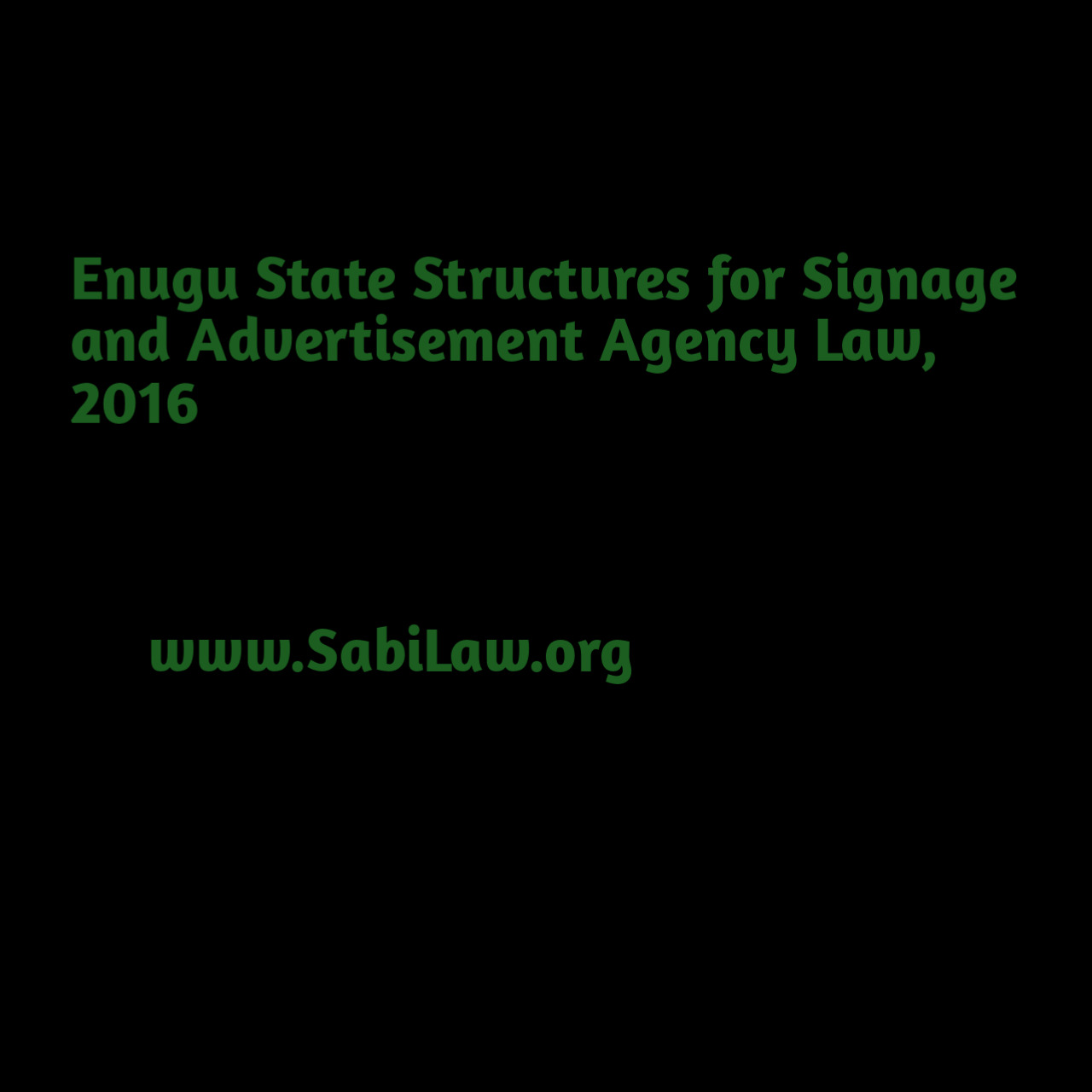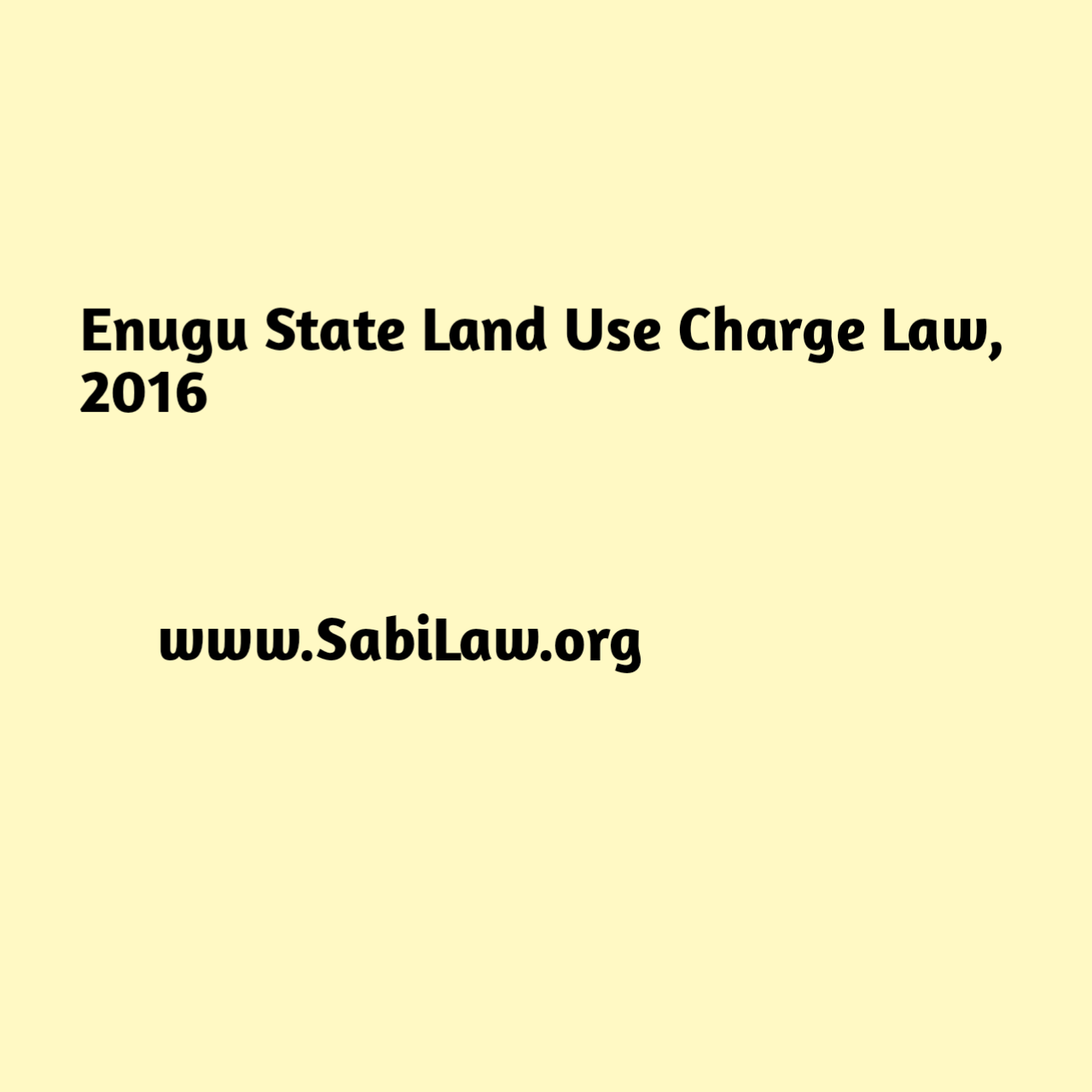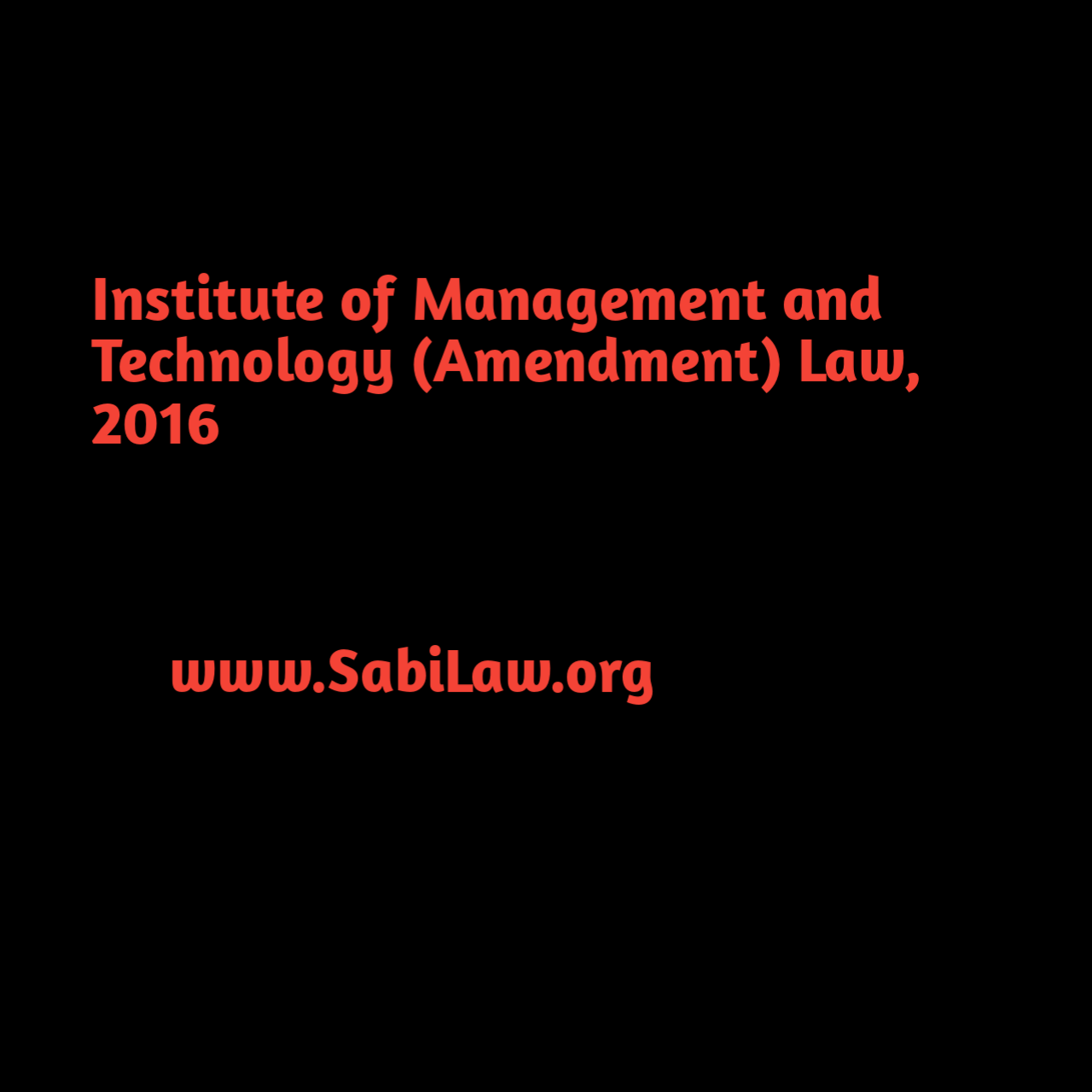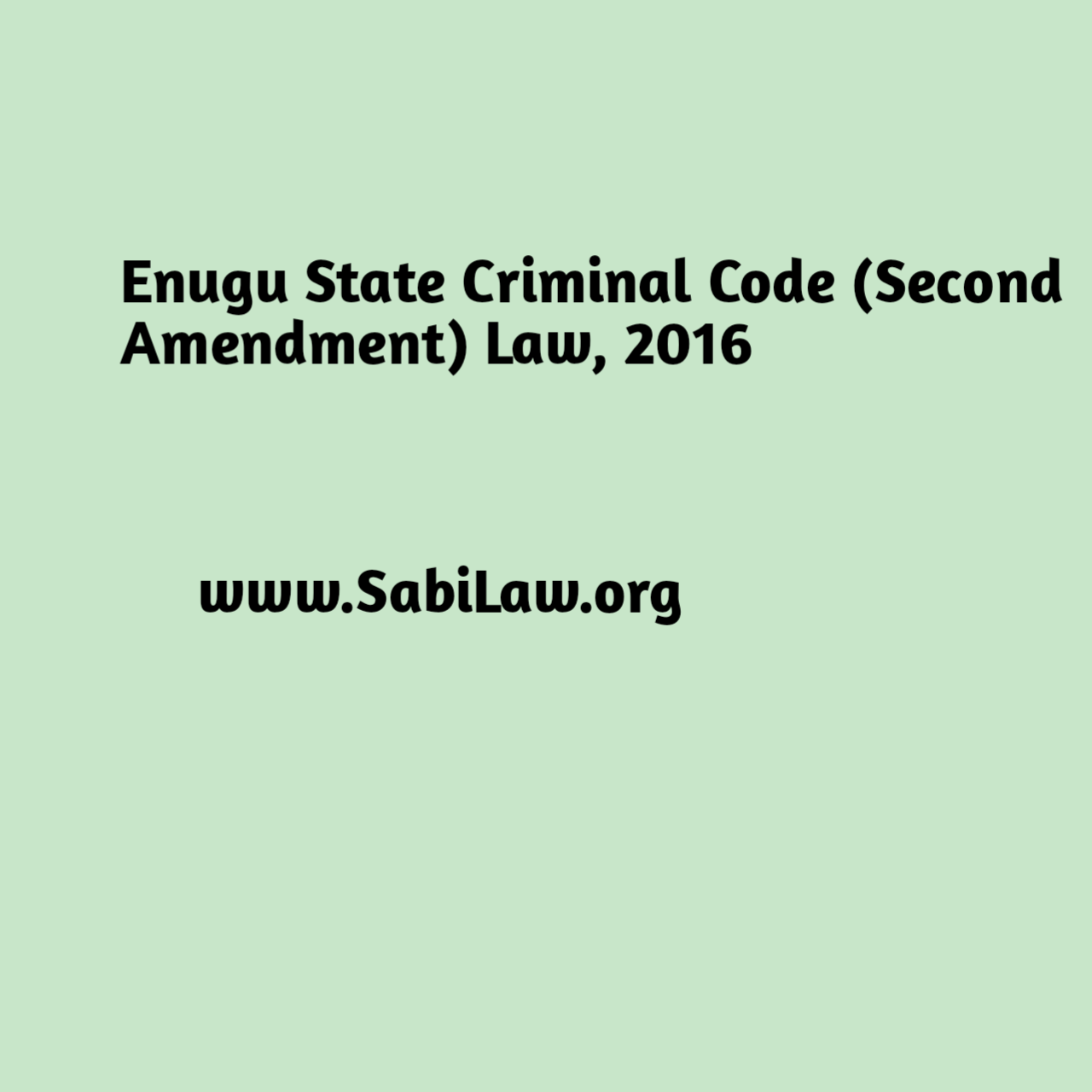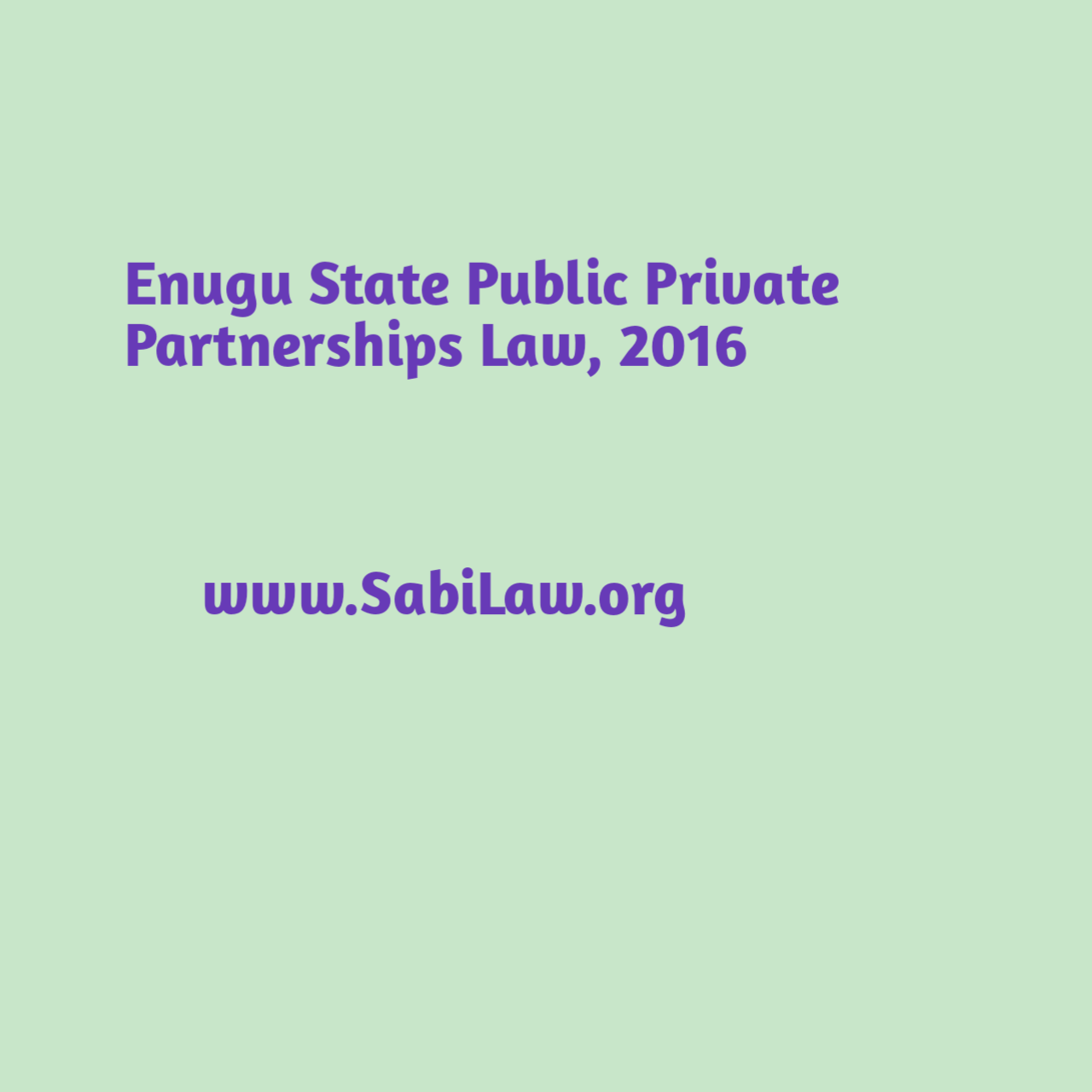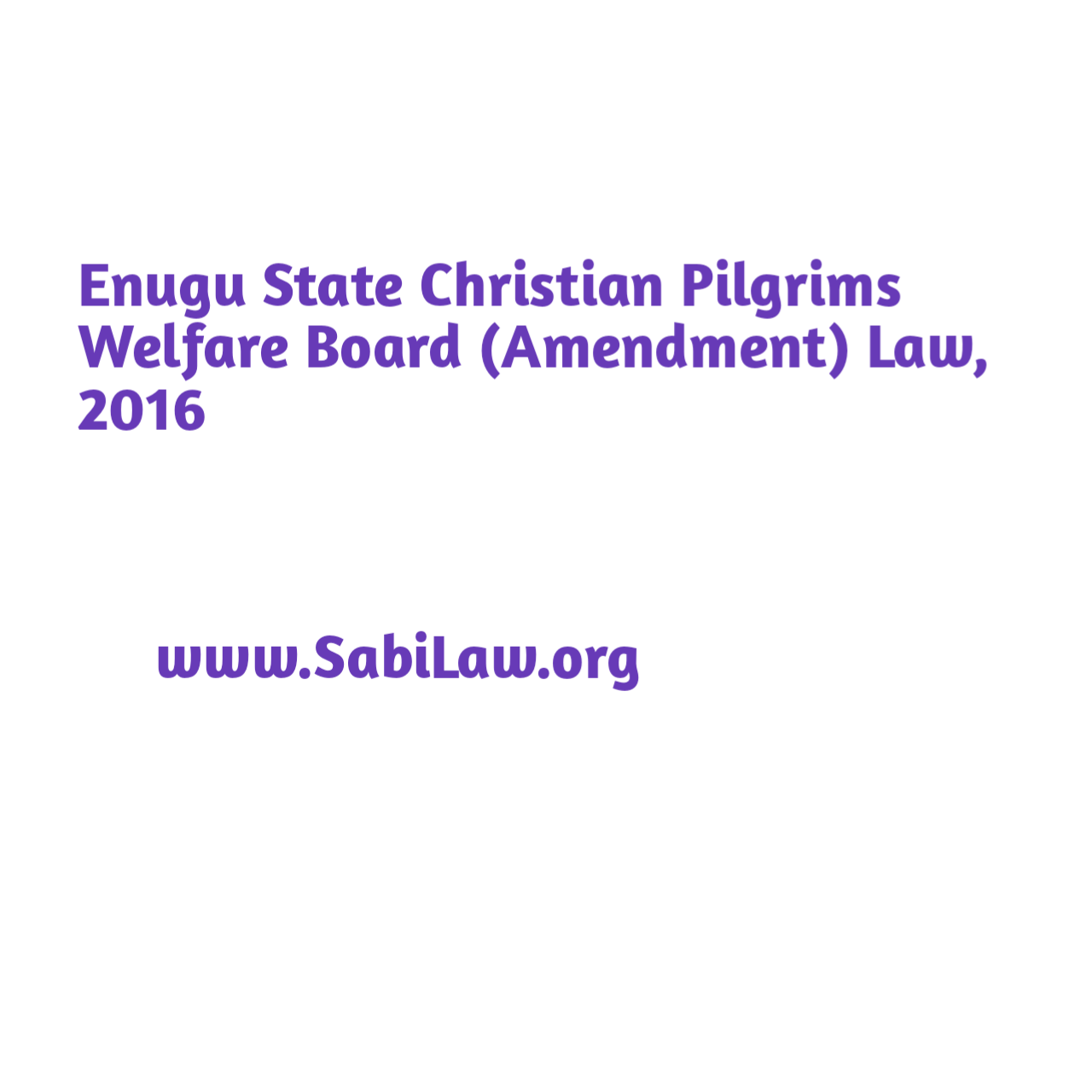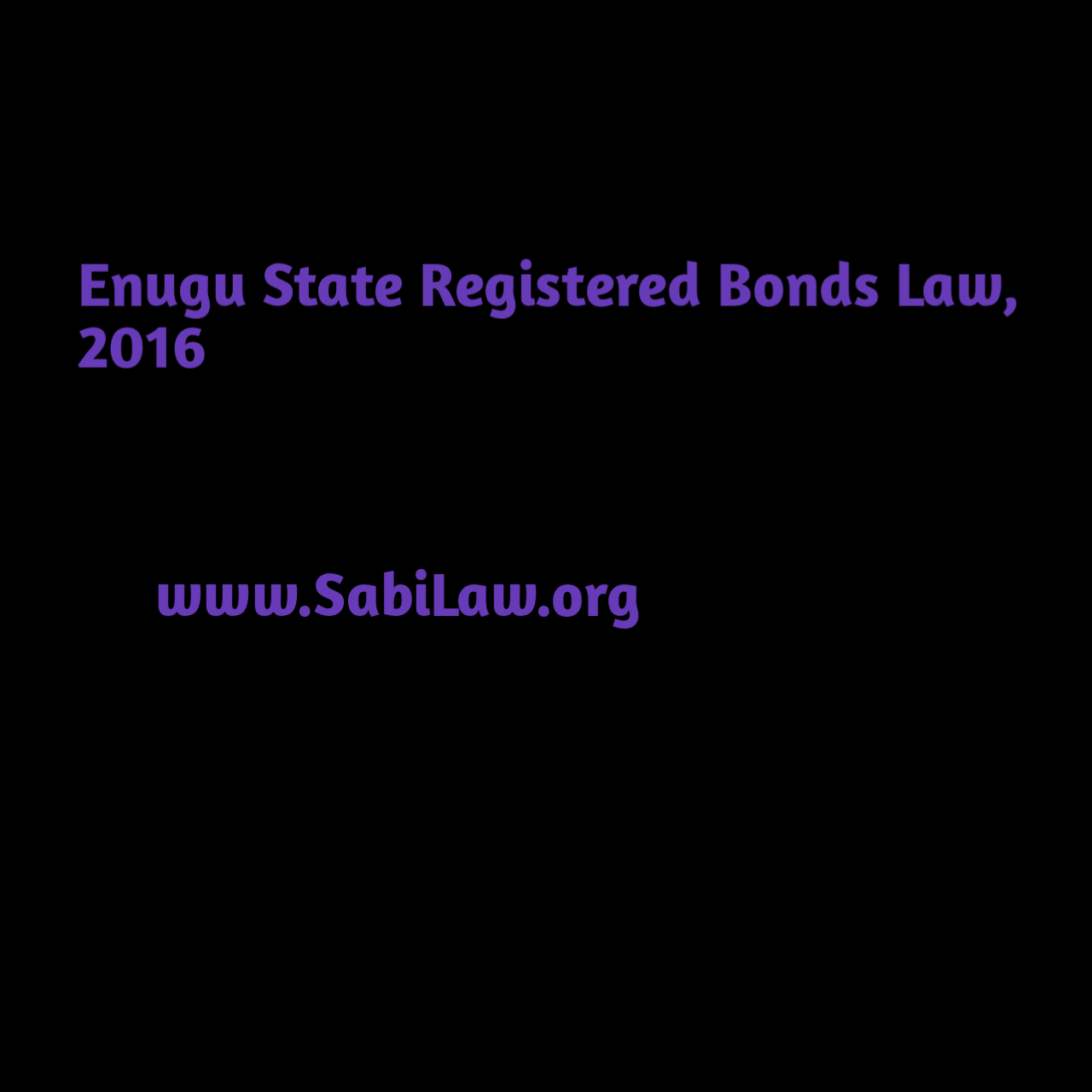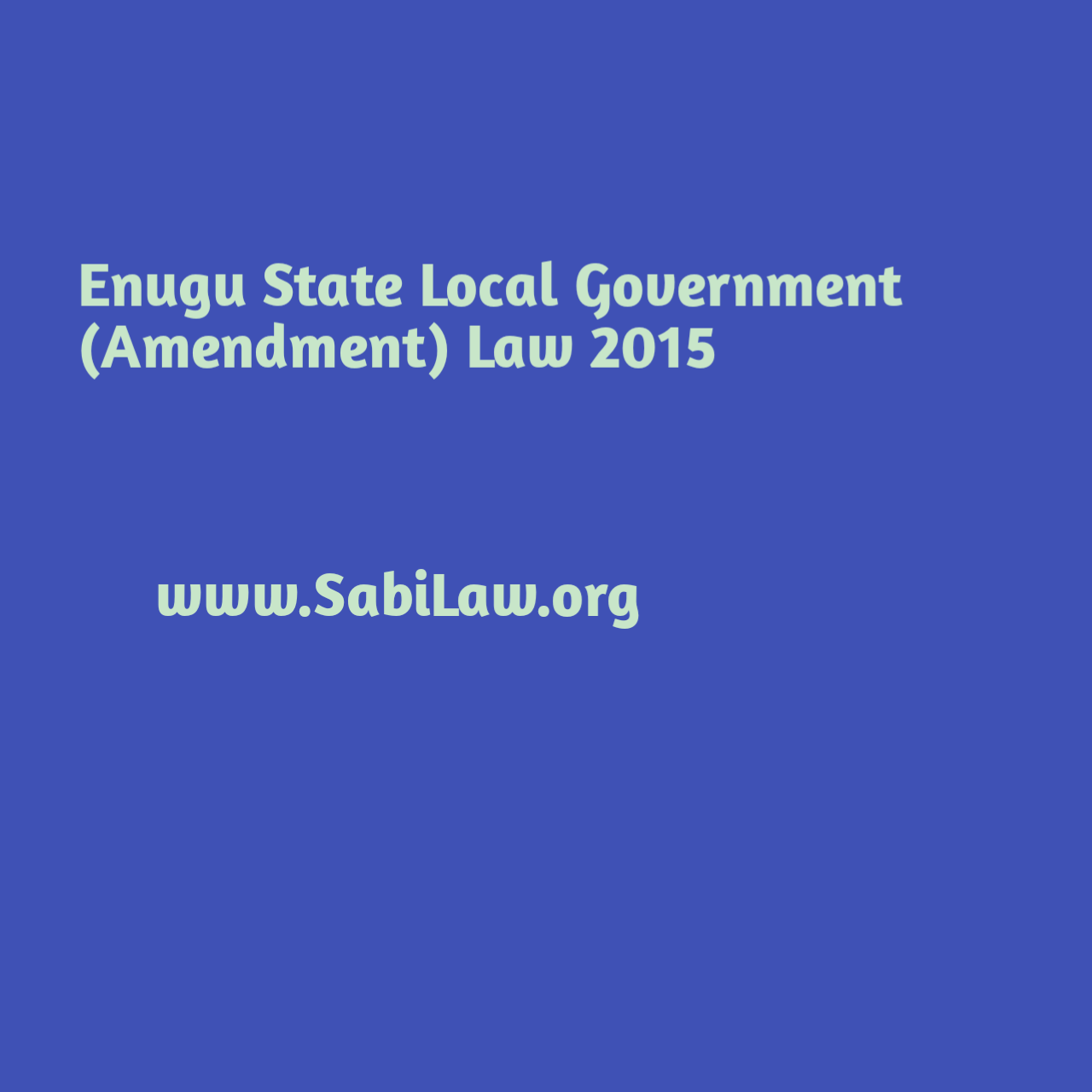Unsolicited Photographic Capturing by Strangers: Redefining the Right to Freedom of Privacy.
By S.T. Afolabi Esq.
It is no longer a breaking news that the right to freedom of Privacy of every citizen in Nigeria is Constitutionally guaranteed and protected under section 37 of the 1999 Constitution of the Federal Republic of Nigeria as altered. The said section provides that, “The privacy of citizens, their homes, correspondence, telephone conversations and telegraphic communications is hereby guaranteed and protected”
The above Constitutional provision given Judicial imprimatur in the case of OKAFOR & ORS v. NTOKA & ORS (2017) LPELR-CA/E/380/2012, where the Court of Appeal determined the issues of Whether the right to private and family life of every citizen is guaranteed under the Constitution. The court held that, “Section 37 This section provides for the guarantee and protection of the privacy of citizens, their homes, correspondence, telephone conversations and telegraphic communications. This is a fundamental right which cannot be waived. However, Section 45(1) of the Constitution provides that nothing shall invalidate any law that is reasonably justifiable in a democratic society in the interest of defence, public safety, public order, public morality or public health or for the purpose of protecting the rights and freedom of other persons.” Per OGUNWUMIJU, J.C.A. (P. 26, Paras. C-F)
It is conceded without any fear of ambiguity or contradiction, and paramount to state that, the above Constitutional provision only made mention of the homes, correspondence, telephone conversations and telegraphic communications of citizens but did not make provision for the unsolicited photographic capturing of citizens by a stranger or unknown person. One salient question begs for an answer, what happens to me in a situation where a stranger or an unknown person takes a photograph of me without my consent? Will my right to Privacy still be said to be protected or guaranteed? What are my chances of being protected under the law?
It is unarguably true that a person’s photograph remains his/her personal property and forms part of his/her data and such should only be gotten with the person’s consent and not otherwise. Any person who goes ahead to take another person’s photograph in an unsolicited manner should be made to dance to the “reggae and blues” of the Law.
Although the Data Protection Bill of 2020 did not in clear terms define “Data” and what costitutes same, the Bill however in section 66 defines “personal data” to mean any information relating to an identified or identifiable natural person (data subject);.
The section section defines Sensitive Data to mean, “Sensitive data” means — (a) personal data revealing racial or ethnic origin, political opinions, religious or philosophical beliefs; (b) genetic data; (c) biometric data for the purpose of uniquely identifying a natural person; (d) data concerning health; (e) data concerning a natural person’s sex life; (f) personal data concerning the data of a child who is under the age of 16 years; or (g) such other personal data that may be designated as sensitive data by guidelines made by the Commission;”. It also defines “Legitimate purpose” to mean, Legitimate purpose shall be interest in furtherance of prevention of fraud; information security; prevention of criminal acts or threats to public security.
Suffice it to say without mincing words, that our current legal regime in Nigeria makes no provision for such protection of the rights our citizens, Kudos must however be given to the Data protection Bill, 2020, but unfortunately, it is still a Bill and not yet a Law. Therefore, It is high time the Constitution is amended to reflect this and appropriate legal regimes enacted to further extend and redefine the right of Privacy of citizens and also take proactive steps to protecting same. There is also a need for the speedy passage into Law of the Data Protection Bill, 2020.
****************************************************************************************
This work is published under the free legal awareness project of Sabi Law Foundation (www.SabiLaw.org) funded by the law firm of Bezaleel Chambers International (www.BezaleelChambers.com). The writer was not paid or charged any publishing fee. You too can support the legal awareness projects and programs of Sabi Law Foundation by donating to us. Donate here and get our unique appreciation certificate or memento.
DISCLAIMER:
This publication is not a piece of legal advice. The opinion expressed in this publication is that of the author(s) and not necessarily the opinion of our organisation, staff and partners.
PROJECTS:
🛒 Take short courses, get samples/precedents and learn your rights at www.SabiLaw.org
🎯 Publish your legal articles for FREE by sending to: eve@sabilaw.org
🎁 Receive our free Daily Law Tips & other publications via our website and social media accounts or join our free whatsapp group: Daily Law Tips Group 5
KEEP IN TOUCH:
Get updates on all the free legal awareness projects of Sabi Law (#SabiLaw) and its partners, via:
YouTube: SabiLaw
Twitter: @Sabi_Law
Facebook page: SabiLaw
Instagram: @SabiLaw.org_
WhatsApp Group: Free Daily Law Tips Group 5
Telegram Group: Free Daily Law Tips Group
Facebook group: SabiLaw
Email: lisa@sabilaw.org
Website: www.SabiLaw.org
ABOUT US & OUR PARTNERS:
This publication is the initiative of the Sabi Law Foundation (www.SabiLaw.org) funded by the law firm of Bezaleel Chambers International (www.BezaleelChambers.com). Sabi Law Foundation is a Not-For-Profit and Non-Governmental Legal Awareness Organization based in Nigeria. It is the first of its kind and has been promoting free legal awareness since 2010.
DONATION & SPONSORSHIP:
As a registered not-for-profit and non-governmental organisation, Sabi Law Foundation relies on donations and sponsorships to promote free legal awareness across Nigeria and the world. With a vast followership across the globe, your donations will assist us to increase legal awareness, improve access to justice, reduce common legal disputes and crimes in Nigeria. Make your donations to us here or contact us for sponsorship and partnership, via: lisa@SabiLaw.org or +234 903 913 1200.
***********************************************************************************












































